CoderDojo: 2000 Dojos ever
Every day of the week, we verify new Dojos all around the world, and each Dojo is championed by passionate volunteers. Last week, a huge milestone for the CoderDojo community went by relatively unnoticed: in the history of the movement, more than 2000 Dojos have now been verified!
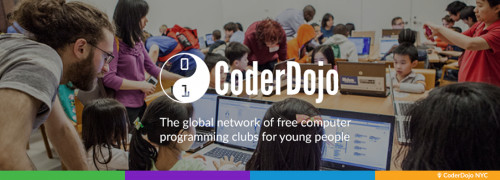
2000 Dojos
This is a phenomenal achievement for a movement that’s just six years old and powered by volunteers. Presently, there are more than 1650 active Dojos running weekly, fortnightly, or monthly, and all of them are free for participants — for example, the Dojos run by Joel Bayubasire in Kampala, Uganda:
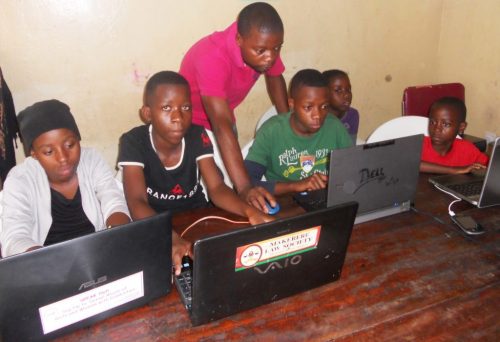
Empowering refugee children
This week, Joel set up his second Dojo and verified it on our global map. Joel is a Congolese refugee living in Kampala, Uganda, where he is currently completing his PhD in Economics at Madison International Institute and Business School.
Joel understands first-hand the challenges faced by refugees who were forced to leave their country due to war or conflict. Uganda is currently hosting more than 1.2 million refugees, 60% of which are children (World Bank, 2017). As refugees, children are only allowed to attend local schools until the age of 12. This results in lower educational attainment, which will likely affect their future employment prospects.
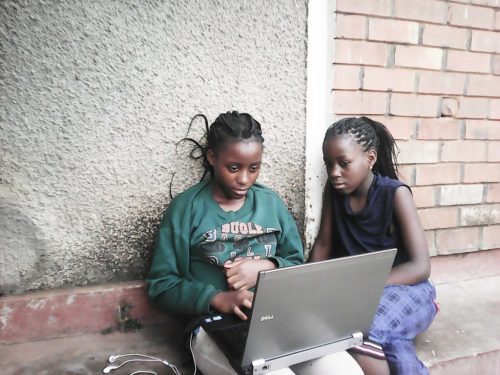
Joel has the motivation to overcome these challenges, because he understands the power of education. Therefore, he initiated a number of community-based activities to provide educational opportunities for refugee children. As part of this, he founded his first Dojo earlier in the year, with the aim of giving these children a chance to compete in today’s global knowledge-based economy.
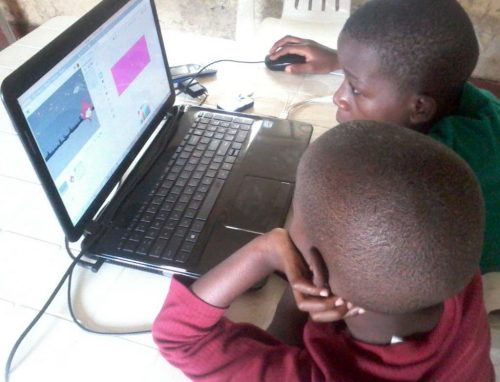
Aware that securing volunteer mentors would be a challenge, Joel trained eight young people from the community to become youth mentors to their peers. He explains:
I believe that the mastery of computer coding allows talented young people to thrive professionally and enables them to not only be consumers but creators of the interconnected world of today!
Based on the success of Joel’s first Dojo, he has now expanded the CoderDojo initiative in his community; his plan is to provide computer science training for more than 300 refugee youths in Kampala by 2019. If you’d like to learn more about Joel’s efforts, head to this website.
Join the movement
If you are interested in creating opportunities for the young people in your community, then join the growing CoderDojo movement — you can volunteer to start a Dojo or to support an existing one today!

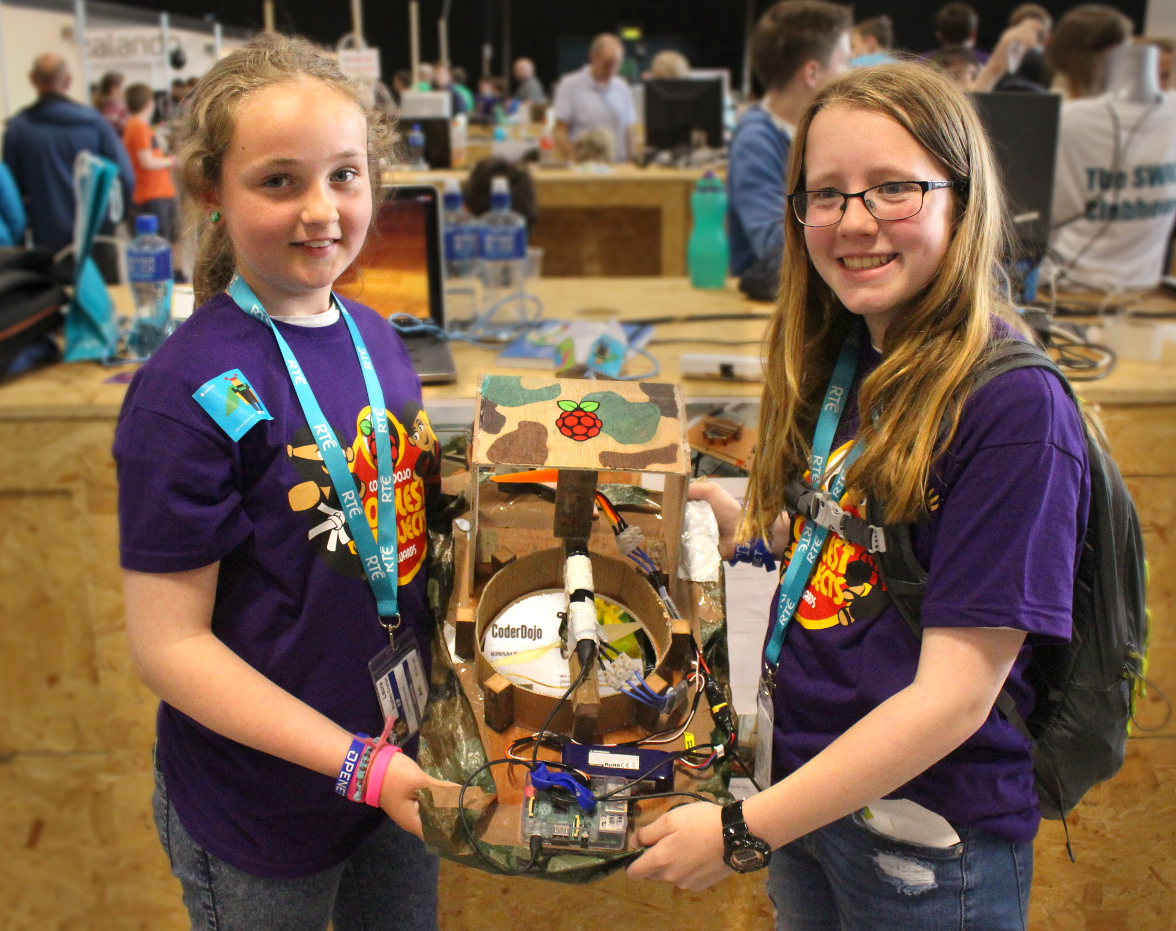
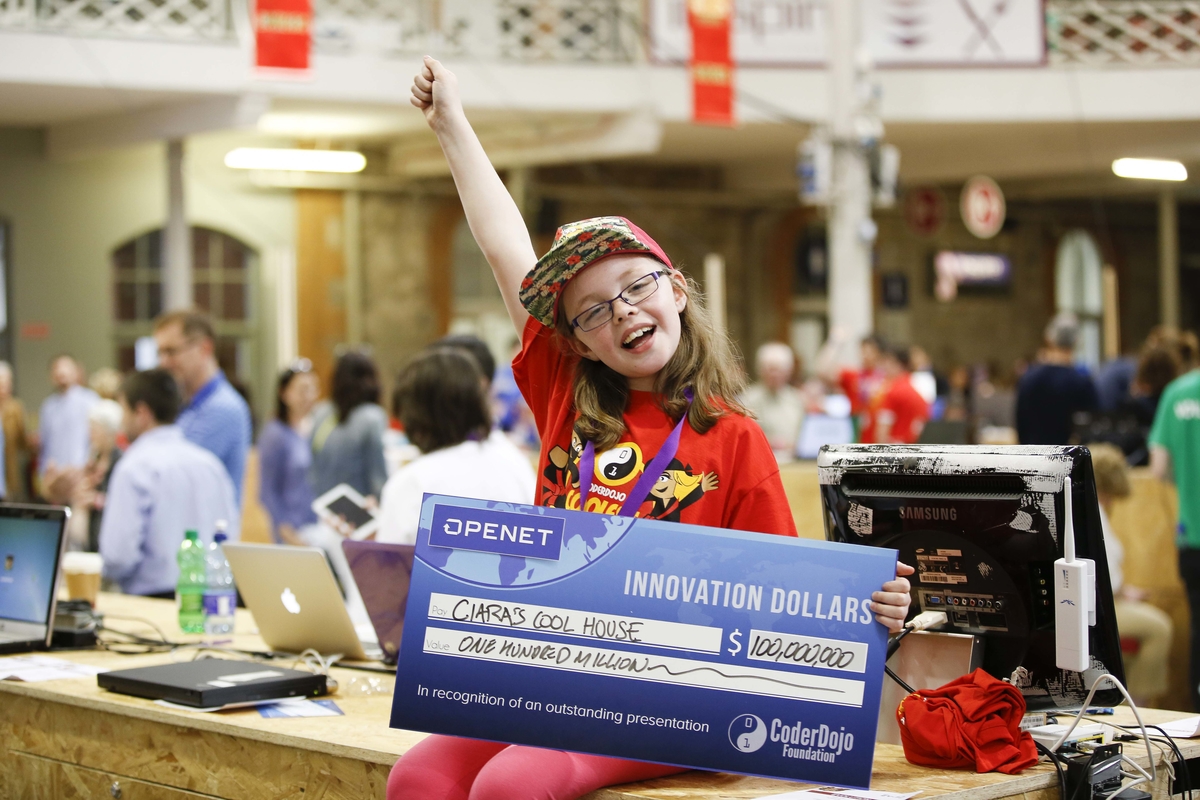
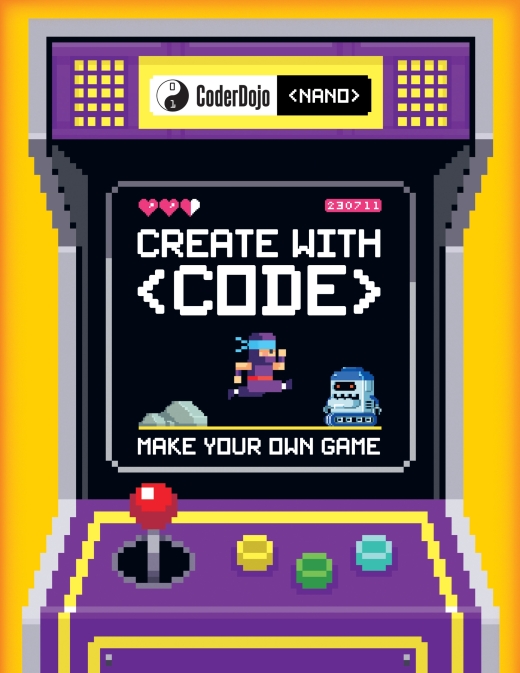
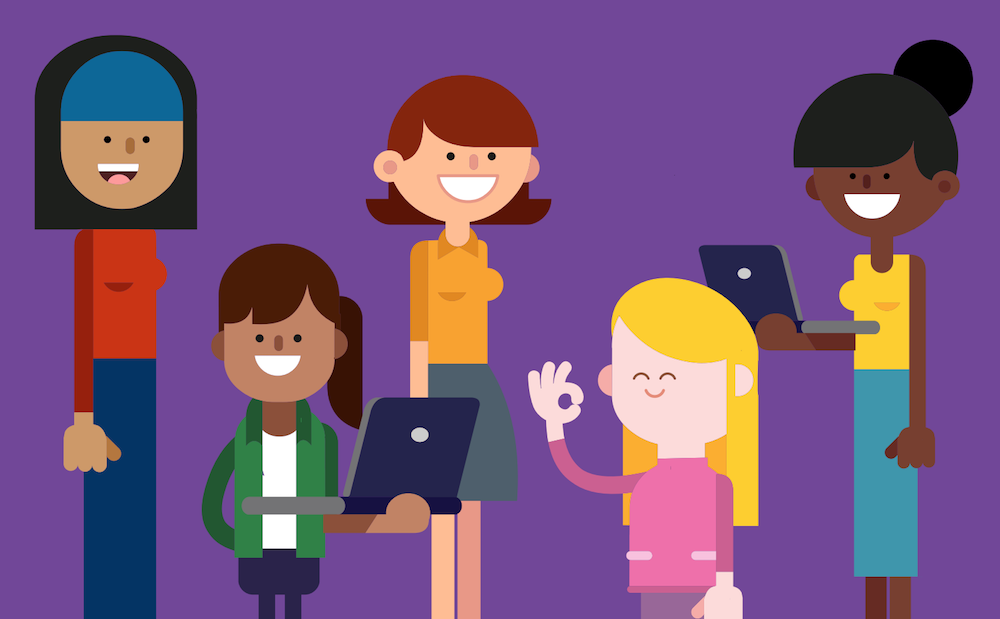
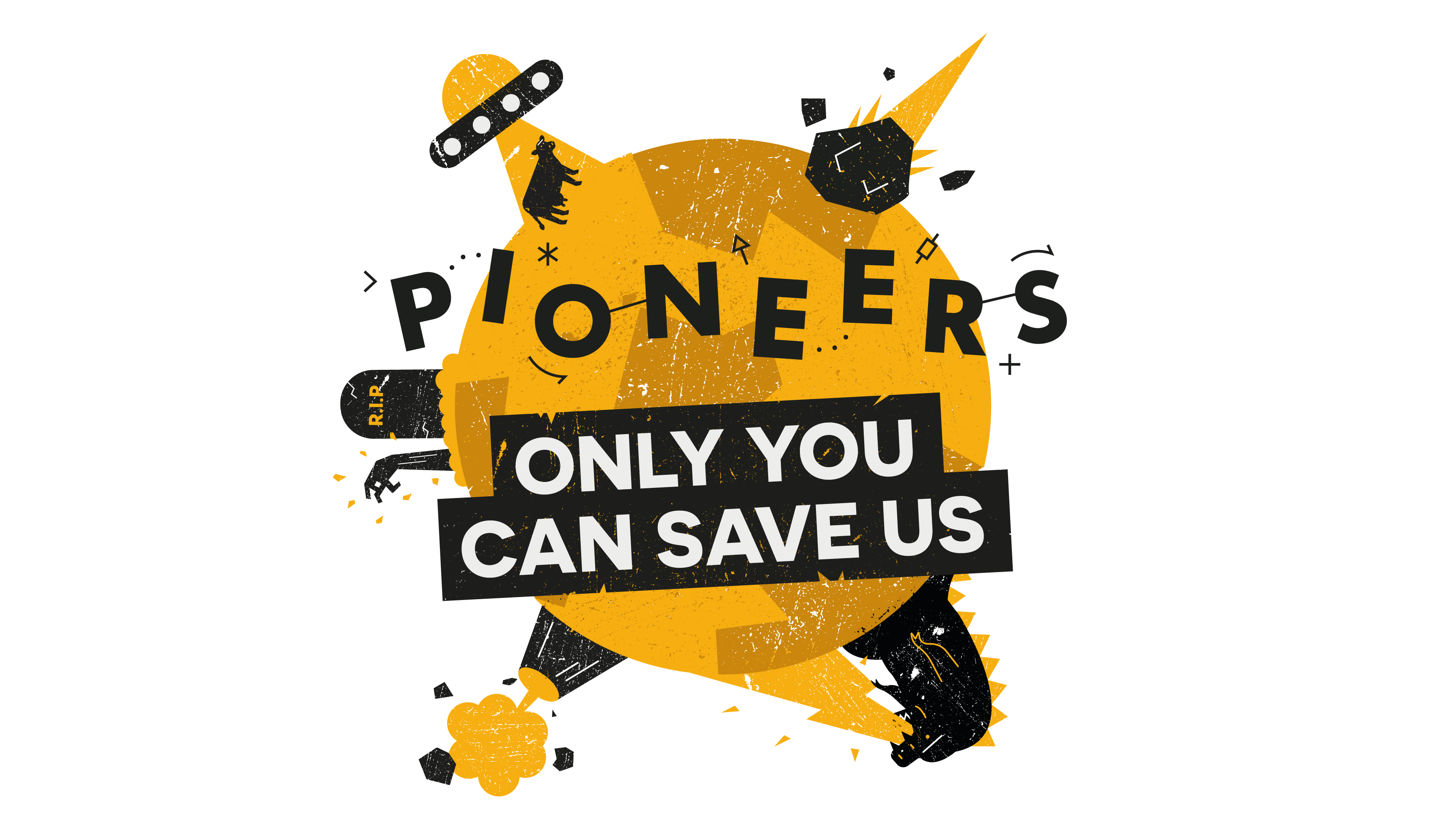

2 comments
Carolyn D.
Hello there. Does the Raspberry Pi Foundation provide any assistance to these Dojos in impoverished countries? Are Raspberry Pi’s perhaps provided at any discount?
I ask because I came to your website to research whether the company would be willing to donate or offer discount pricing for a school in Liberia, Africa, that is trying to teach computer skills (more software use than coding) to orphans in impoverished communities. A missionary from our church is spearheading the effort to get these kids Raspberry Pi’s to use in their school. Is there anything you can recommend for people who would like to help make this possible for them?
So glad to see you have an actual foundation promoting these educational Dojos. Thank you for what you’re doing for these areas of the world that so desperately need technology in order to prosper.
Raspberry Pi Staff Helen Lynn
Hello Carolyn. We don’t offer free or discounted hardware to particular projects, but focus instead on making Raspberry Pis available as cheaply as possible to everyone. Where projects have a website or a crowdfunder, though, we’re sometimes able to help spread the word – you can drop us a line about this at comms@raspberrypi.org.
We’ve heard of several other projects that share similarities with the one you describe: see this recent blog post about Raspberry Pi computer labs in Togo for a nice example with some interesting discussion. People who are involved with initiatives like this are usually very willing to share their experience, if that’s useful further down the line.